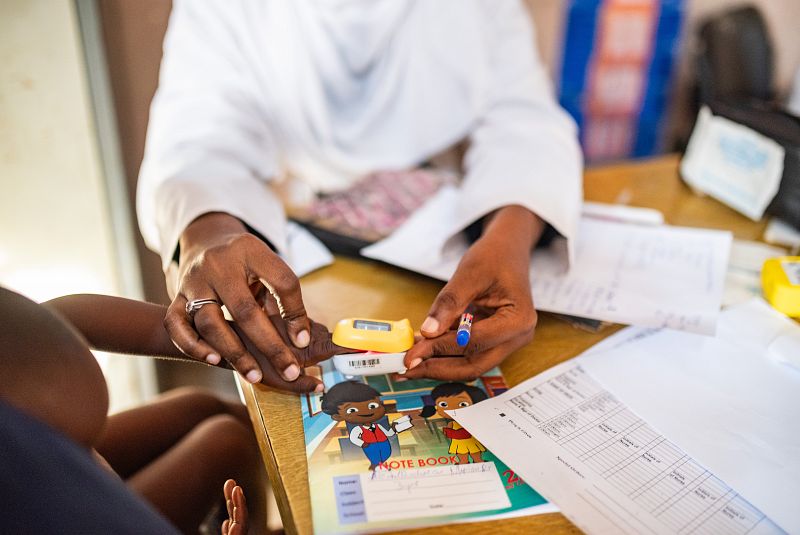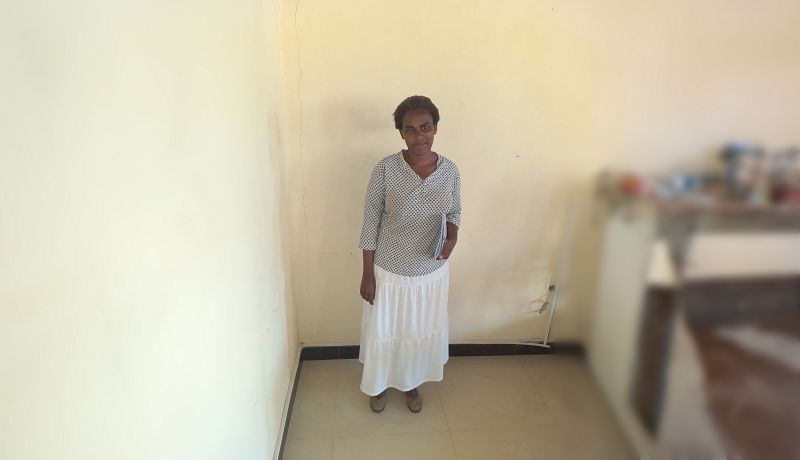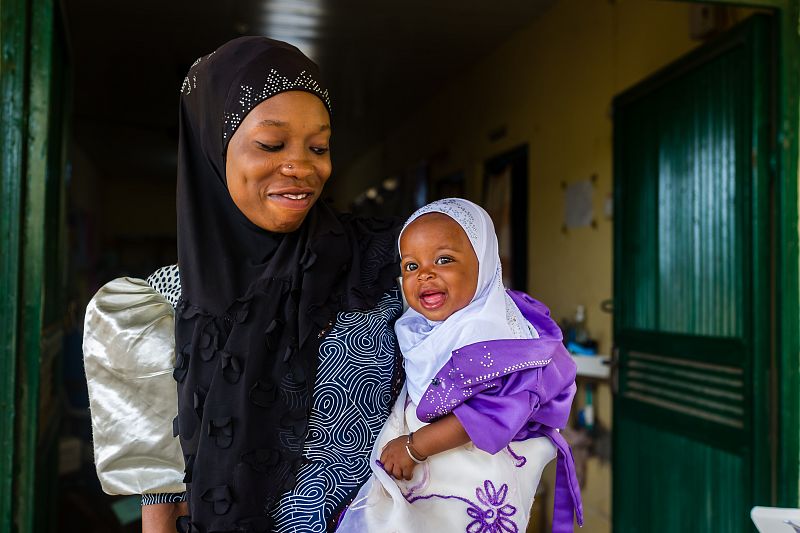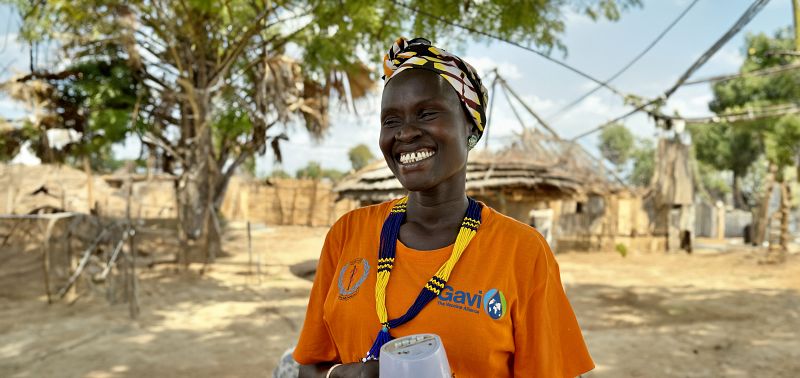Publications
Explore our publications to find useful evidence, lessons and recommendations from our work across Africa and Asia
Type
- Advocacy and positioning
- Advocacy briefs
- Advocacy reports
- Annual reviews
- Brochures
- Capacity statements
- Position statements
- Conference
- Briefing notes
- Posters
- Presentations
- Guidance and toolkits
- Guidance
- Training materials
- Learning
- Case studies
- Infographics
- Insight briefs
- Learning briefs
- Learning papers
- Newsletters
- Research and Technical
- Journal articles
- Project briefs
- Project reports
- Research briefs
- Synopses
- Technical briefs
Keyword
- ASTMH
- Advocacy
- COVID-19
- Capacity development
- Case management
- Case study
- Chemoprevention
- Child survival
- Climate
- Community delivery
- Costing and economic impact evaluation
- Data-informed decision-making
- Diagnosis
- Digital health
- Elimination
- Evidence generation
- Gender
- Genetic modification
- Health financing
- Health system strengthening
- Learning
- Logistics
- MNCH
- Malaria in pregnancy
- Monitoring and evaluation
- PMC
- Philanthropy
- Policy development
- Private sector
- Quality improvement
- Research
- Resistance management
- SBC
- SDGs
- SMC
- Scaled implementation
- Scholarships
- Surveillance
- Treatment
- Universal health coverage
- Urbanisation
- Vaccines
- Vector control
- Webinars
- iCCM
Diseases
Country
Language
Reset all search optionsCurrent search filters (0 results match ALL terms):
SDG5
SDG5
Sorry, there are currently no publications matching your search



